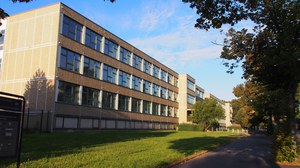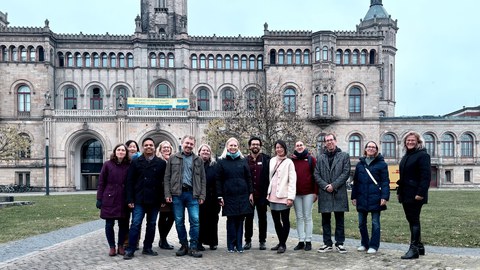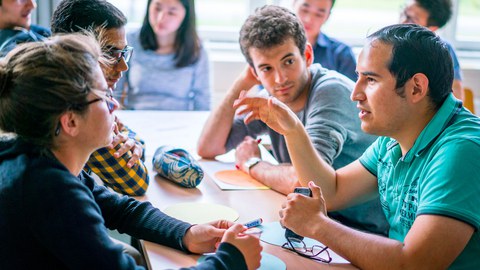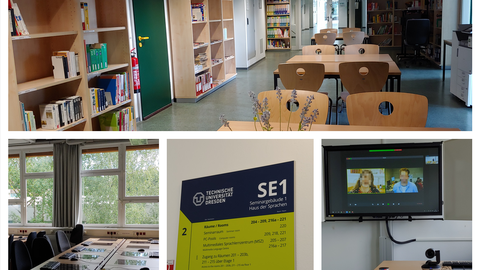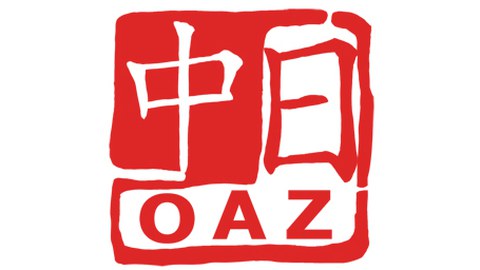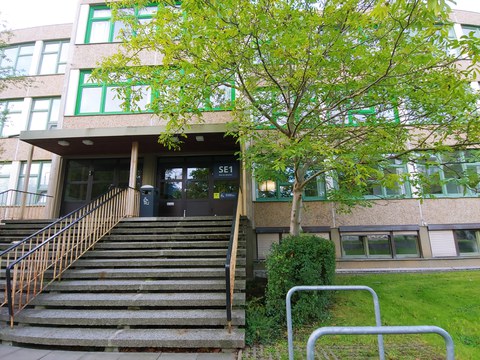Teaching Centre for Languages and Regional Studies Multilingual, globally connected, regionally based
"A man who is ignorant of foreign languages is also ignorant of his own language."
Johann Wolfgang von Goethe
In our globalized and culturally diverse world, multilingualism is a competence for mutual understanding. It is an instrument for gaining knowledge, expands horizons of thought and enables access to other cultures, which is increasingly important in learning, working and living environments. We understand multilingualism as a triad between the promotion of German as the language of science, English as the most important international language and other European and non-European languages.
With its language portfolio of 16 foreign languages, the LSK is anchored both regionally in the Central European area and supraregionally in Europe and points beyond the Euro-pean area through its focus regions of Central and Eastern Europe and East Asia.
Teaching at the LSK occurs
-
Under consistent implementation of the Common European Framework of Reference for Languages (CEFR)
-
Competence-oriented, action-oriented and subject-specific
-
Learner-centred, promoting learning autonomy
-
Modularized
-
Flexible: a support system for online or hybrid teaching as well as numerous interactive learning materials enable flexible, digitally supported face-to-face teaching as well as the implementation of blended learning courses
With its internationalisation strategy, the TU Dresden promotes the acquisition of linguistic and cultural competencies of its students, researchers and teachers. The Teaching Centre for Languages and Regional Studies (LSK) is a central player in the implementation of this university-wide strategy

